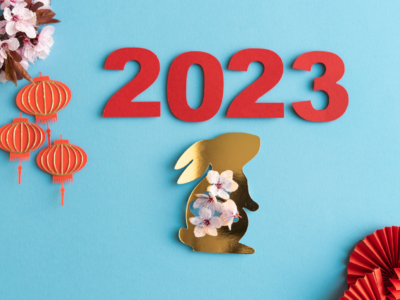Despite all the work that’s gone into gender equality in the workplace, and the great strides in female progression that have been made, female directors in FTSE companies are still being paid a whopping three quarters less than their male counterparts.
A recent article on HR Zone examines the sorry case of the continued gender pay gap, and suggests three ways companies can start moving closer to genuine equality for their female leaders today. Here’s a quick snapshot of the recommendations:
- Educate on systematic and systemic barriers, biases and discrimination
Organisations need to invest in EDI training and audits to understand the corporate structures that act as barriers to women’s professional development, and how they can be changed. Best practices for recruiting and promoting women to top executive roles need to be adopted. This includes avoiding rewarding office presence versus flexible working schemes as it could be discriminatory against women.
D&I functions are no longer a ‘nice to have’ add-on. They are an essential part of HR strategy, deserving dedicated investment, resources and time.
- Build strong allyship – particularly among men
In many organisations, women don’t have enough representation at the upper management levels, or someone they know who will fight in their corner. Fostering allyship for gender equality with male colleagues is therefore really important. In concrete, this means convincing male colleagues of the business (as well as ethical) case for providing women with access to the tools, resources, guidance and skills training that they need to progress. The converted then need to champion their new cause with energy and determination if they’re to make a difference.
- Create mentoring and upskilling programmes
According to research carried out by the Like Minded Females Network, 50 per cent of women feel they need a mentor to progress versus five per cent of men. Combined with a tendency to suffer from greater lack of career confidence and role models (as compared to men), women would clearly benefit from mentoring and upskilling programmes that educate and empower them with tools, skills and supportive relationships that will drive their career development forwards.
Implementing the above suggestions requires collective support from all corners and levels of an organisation. That translates to a lot of legwork for HR professionals driving the change but, with gender equality in the workplace in the offing, it’s well worth it. It’s not just women leaders or even women in general who’ll benefit from the fallout, but the entire organisation and society at large.
If you’d like to be pointed in the direction of helpful resources on the subject of gender equality and inclusion, please don’t hesitate to reach out to ABL Recruitment, your trusted recruitment partner. We are, as always, here to help!









